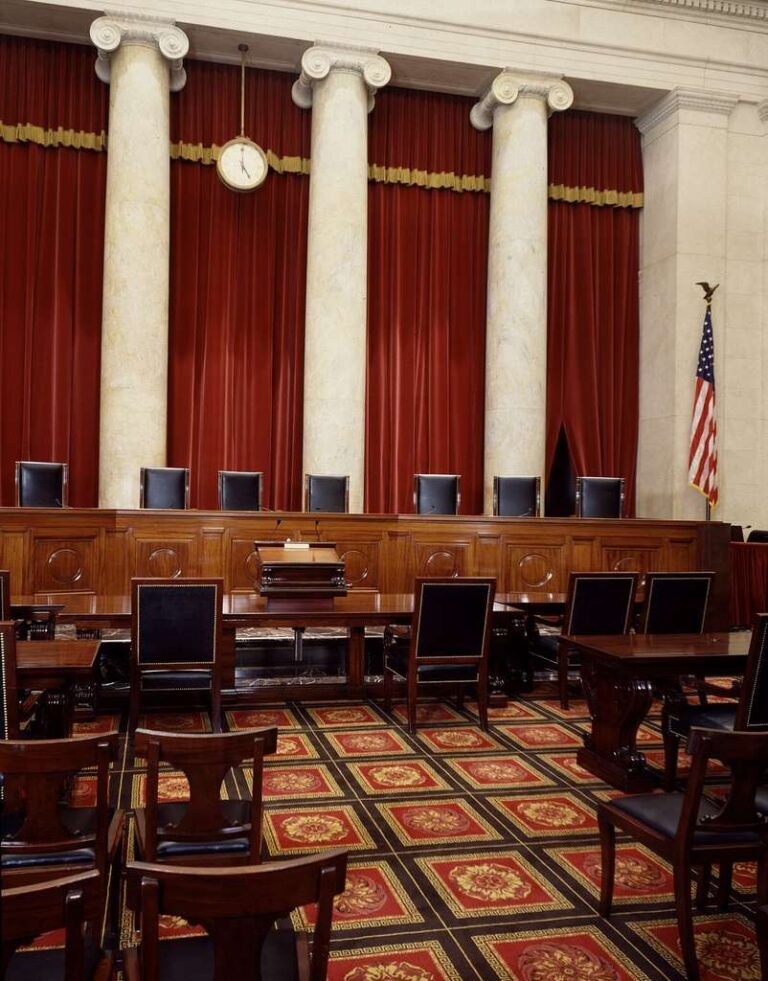
John Fry is a student at Harvard Law School.
SpaceX’s constitutional challenge to the NLRB will proceed in the Central District of California after the Fifth Circuit narrowly declined on Wednesday to rehear a dispute over the case’s transfer en banc. SpaceX had asked the court to reconsider its petition for mandamus to keep the suit in Texas. In Wednesday’s order, eight Fifth Circuit judges voted to reconsider the petition, and eight voted against, falling just short of the majority needed for rehearing.
Six of the judges who supported rehearing penned a fiery dissent, arguing that the Southern District of Texas applied the wrong standard for venue in its decision to transfer the case. The dissenters stress that plaintiffs in “litigation against federal agencies” must have freedom to select any appropriate venue, because the federal government has “limitless litigating resources” which place it at an advantage. The Fifth Circuit is currently under scrutiny for its attempts to prevent transfers and keep challenges to federal agencies within its jurisdiction.
The dissenters also accuse the NLRB’s attorneys of “[engaging] in shabby tactics to accomplish their own forum shopping result,” conduct they describe as “abhorrent.” These accusations arise from the aftermath of the Southern District of Texas’ initial transfer order. While a Fifth Circuit panel placed a stay upon this transfer in order to entertain SpaceX’s mandamus petition, the exact timing of several procedural details made it unclear whether the court had jurisdiction to do so, or whether the case’s transfer to California was already complete before the stay was ordered, thus stripping the Fifth Circuit of jurisdiction. Counsel for the NLRB argued to the Central District of California that it could retain the case, despite the Fifth Circuit panel’s wishes.
While this series of events outraged the rehearing dissenters, the original Fifth Circuit panel concluded on Wednesday that the NLRB’s attorneys “were not intending to violate the law.” In a per curiam order, the panel described the attorneys as having made “some errors,” ordering them to “remember to respect court rulings even as they challenge them.” One panel member found this chiding unwarranted, however, arguing that the NLRB’s attorneys engaged in “nothing more than zealous advocacy.” Focus will now shift to the merits of SpaceX’s case, which could be a bellwether for future challenges to the NLRB.










Daily News & Commentary
Start your day with our roundup of the latest labor developments. See all
February 20
An analysis of the Board's decisions since regaining a quorum; 5th Circuit dissent criticizes Wright Line, Thryv.
February 19
Union membership increases slightly; Washington farmworker bill fails to make it out of committee; and unions in Argentina are on strike protesting President Milei’s labor reform bill.
February 18
A ruling against forced labor in CO prisons; business coalition lacks standing to challenge captive audience ban; labor unions to participate in rent strike in MN
February 17
San Francisco teachers’ strike ends; EEOC releases new guidance on telework; NFL must litigate discrimination and retaliation claims.
February 16
BLS releases jobs data; ILO hosts conference on child labor.
February 15
The Office of Personnel Management directs federal agencies to terminate their collective bargaining agreements, and Indian farmworkers engage in a one-day strike to protest a trade deal with the United States.